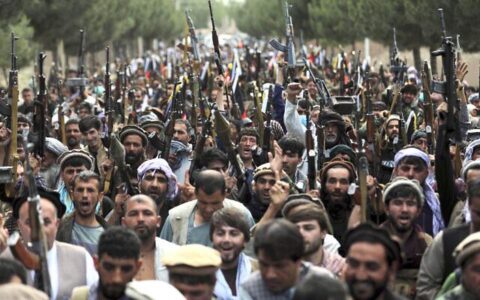
Pashtuns in Afghanistan and Pakistan Have Been Victims of Terrorism
Malala says, as a Pakistani Pashtun Muslim woman, she seriously opposes the remarks of Pakistan’s Representative to the United Nations about the Pashtuns.
Munir Akram, Pakistan’s Special Representative to the United Nations on Wednesday in a meeting of the organization in Geneva said, “restrictions being imposed by the Afghan interim government flow not so much from a religious perspective as from a particular cultural perspective of the Pashtun culture.” “And this is a strange, and distinctive cultural reality of Afghanistan which has not changed for hundreds of years,” he added.
After his remarks prompted massive criticism, Mr. Akram took back his opinion and apologized to all those affected by his rather harsh and discriminatory comments.
Meanwhile, Malala Yousafzai in a letter sent to Pakistani Newspaper Dawn on Sunday said that the Taliban are responsible for violating women’s rights in Afghanistan.
Malala has highlighted in her letter that Pashtun men and women and other ethnic groups including Tajiks, Hazaras, Uzbeks, and others have worked together for decades to build girls’ schools and women’s rights advocacy organizations in their country.
The Nobel Peace Prize winner says she does not claim justice is fully maintained in Pashtun communities. However, like most parts of the world, Pashtun women and girls are faced with serious restrictions. The number of girls not attending schools exceeds their male counterparts. Many girls are forced into early marriage, and mostly, women are considered second-class citizens, whose rights and values are prioritized over those of their male counterparts.
She has emphasized that we can see cultural change in men and women enthusiastically fighting for gender equality throughout Afghanistan and Pakistan. “We are evolving, even when the Taliban and other extremist groups are trying to push us back, we are moving forward,” She said.
Source » khaama





